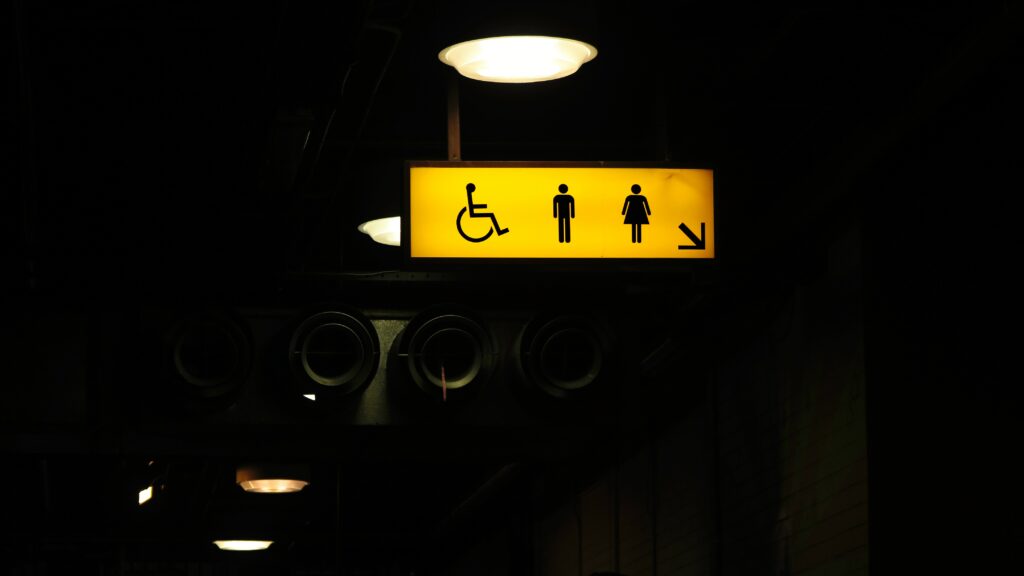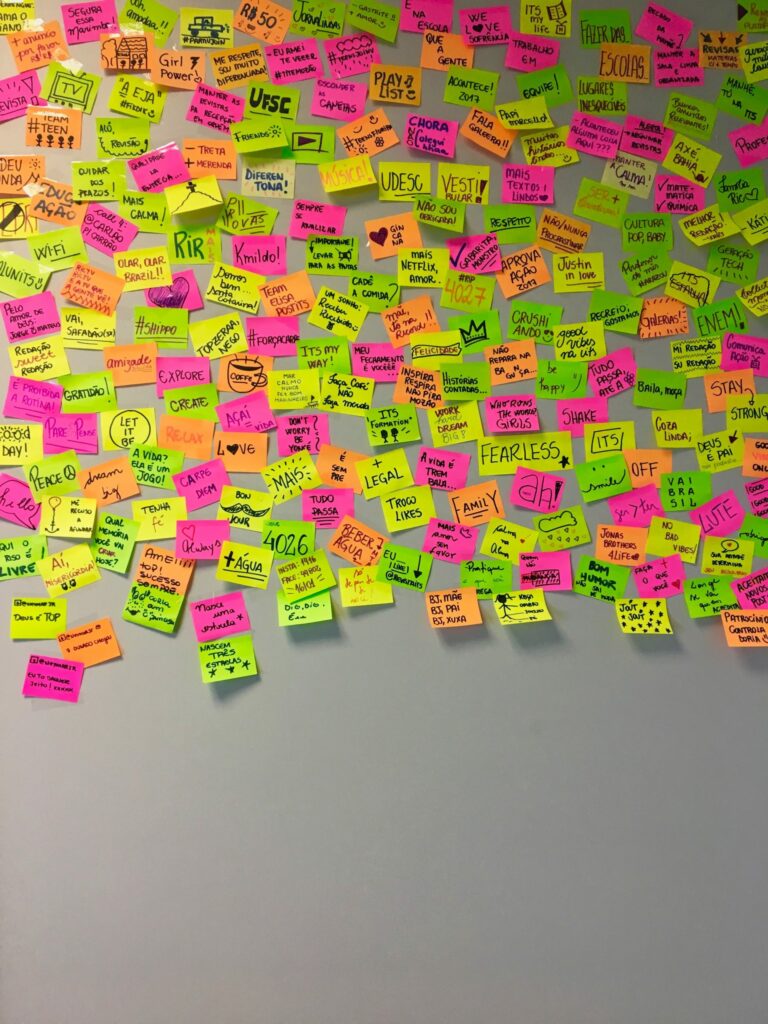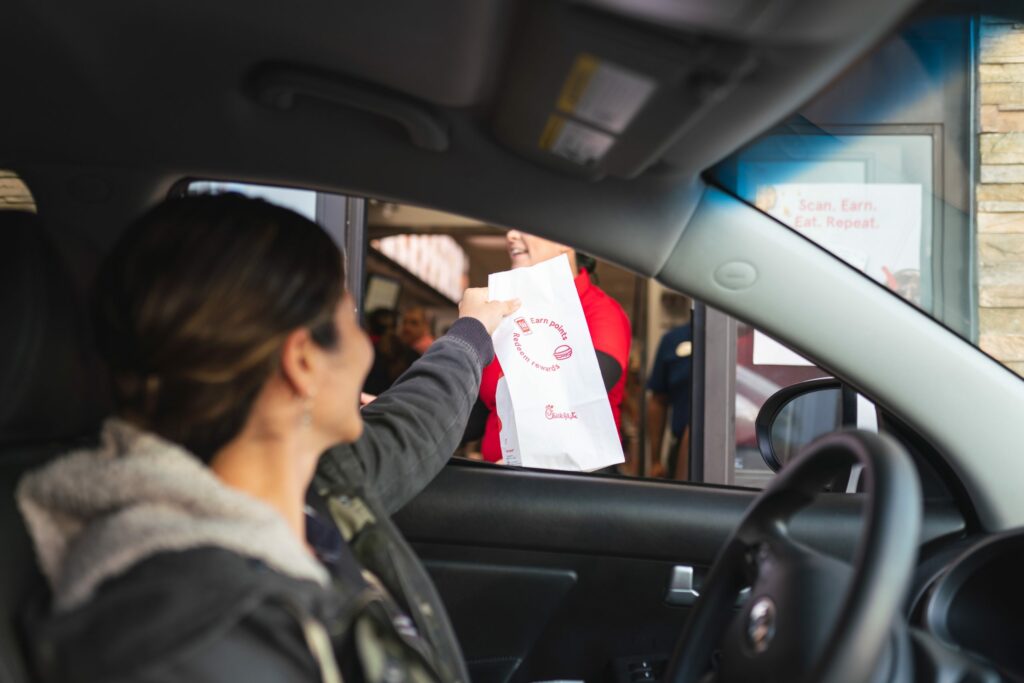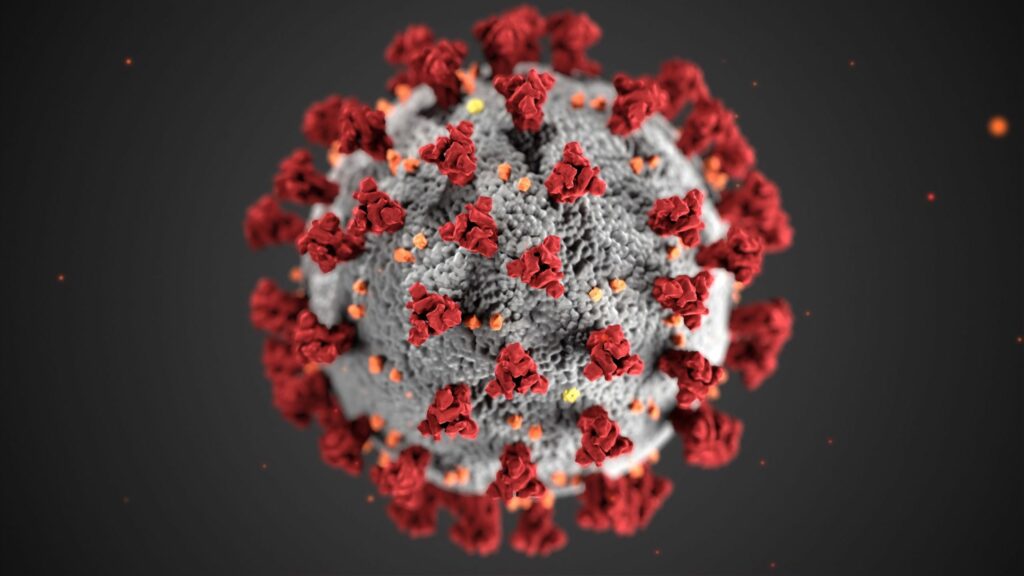Life Blog
Cutting-edge information and tips for creating health in all areas of life – wellness, nutrition, fitness, attitude, and relationships

January 16, 2025
Managing IBS: When Almost Everything You Eat Gives You Gas or Stomach Pain
There’s so much confusion and misinformation about irritable bowel syndrome (IBS). Most of it comes from the fact that symptoms vary from one person to the next and doctors don’t really know what causes it. IBS is a painful condition that affects the large intestine causing what seems like constant abdominal pain, gas and diarrhea. While most people have mild to moderate symptoms, for some it’s a debilitating condition. It affects nearly 20 percent of the population and is the second most common reason why people miss work and school (the number one excuse is the common cold). IBS has no visible signs like inflammation, polyps or tumors, so it’s diagnosed by a process of elimination. And while the symptoms can be treated with diarrhea medication, laxatives, nerve pain medication and antibiotics, they can also be managed with dietary and lifestyle changes. Figure Out Your Triggers Tracking your diet and keeping a food journal is the easiest way to figure out which foods give you stomach pain or gas. Most “attacks” happen right after meals, so it shouldn’t be too hard to figure out what’s causing your symptoms. Keep in mind that there are also non-food triggers, the most common is stress. If you think some of your symptoms are caused by stress, it’s time to explore stress reduction methods like counseling and exercise. Eat a Low FODMAP Diet Research has shown that a low FODMAP diet provides relief for more than half of IBS patients. FODMAP refers to Fermented…
Concerned About Memory Lapses?
Everyone has memory lapses. Sometimes we misplace our keys, forget where we parked the car, or lose our train of thought when talking to someone. However, this doesn’t necessarily mean that we’re experiencing cognitive decline or have dementia (what a relief!). Normal Forgetfulness vs. Age-Related Memory Loss vs. Dementia Why you probably don’t have dementia…
Learn MoreRewire Your Brain to Get Rid of Anxiety and Depression
Here’s the amazing thing about your brain: It’s always changing, reorganizing and making new connections between neurons, depending on how you use it. This phenomenon, known as neuroplasticity, is the brain’s natural response to new experiences, thought patterns, and habits. What does any of this have to do with mental health? Interestingly, neuroplasticity can work…
Learn MoreYour Brain May be Lying to You and Stealing Your Joy!
Your brain is a powerful machine that can convince you of pretty much anything, including things that aren’t true! It can take a particularly rough morning and turn it into “I have the worst luck in the world!” or a slightly strange look from a stranger becomes “he /she doesn’t like me” or a myriad…
Learn MoreHow To Order Healthy Takeout Meals
One of the biggest hurdles to eating healthier is that it often requires planning and a trip to the grocery store and meal preparation. It’s one of the reasons why 1 in 3 adults in the US eats takeout (pre-COVID-19). Most people prefer home-cooked food to restaurant food, but that’s not always an option. Sometimes,…
Learn MoreSelf-shelter Indoors Without Going Crazy During COVID-19
If you want to see what you’re made of and how much you can take, self-shelter in close quarters with friends or loved ones for a few days or a month. Oh wait, that’s what you’re doing now, so…how’s it going? Staying indoors for days on end makes you restless and irritable, especially if you’re…
Learn MoreBeing Hopeful & Heroic During COVID-19
People are afraid. How can they not be? Images of cities turned into ghost towns, fatigued hospitals, medical tents popping up across the country, and grim projections that more than 100,000 people in the United States might die from COVID-19, perhaps 200,000. People are out of work; paychecks have stopped. Businesses have shuttered; the hopes…
Learn MoreAre Naps Really Good For Your Health?
Many people around the world love a good nap. In fact, siestas are an integral part of some cultures. A quick nap boosts productivity and performance, according to some research. But, other studies (perhaps controversial) indicate a connection between napping and mortality. Napping during the day increases the risk of premature death by up to a third!…
Learn MoreHow To Protect Yourself From The Coronavirus
The World Health Organization announced on March 11, 2020, that the Corona Virus (COVID-19) is a pandemic. Although we watched COVID-19 shut down China, Italy, Germany, Spain, with more countries being added to the list daily, it’s real now because it’s on our doorstep, not thousands of miles away. So let’s talk about how you…
Learn MoreKeep Your Kids Healthy & Germ-Free at School
Schools and child care centers are teeming with germs and contagious illnesses. Common infections like the flu, colds, stomach bugs, ear infections, and pink eye spread like wildfire. Most parents wish they could do more to protect their children. Even worse, kids bring these illnesses home and infect their siblings, parents, and other family members,…
Learn MoreTired of Salads and Smoothies? Try This Instead
Healthy foods have an image problem. In most people’s minds, the word ‘healthy” is synonymous with blandness, boring! It’s no surprise that many people only eat healthy food when they’re on a diet. They eat unhealthy foods most of the time and only have a salad or chug a green smoothie every once in a…
Learn MoreSpeech and Language Problems: When Words Come Out Wrong
Speech is the main way we communicate with others. It develops naturally and requires the coordination of multiple body parts, including the brain, mouth, jaw, chest, neck, and abdomen (and you thought saying “What’s up?” was easy). Many people deal with language disorders, making it challenging to communicate with others. Sometimes, a person knows what…
Learn MoreIs It A Cold or Pneumonia?
Most of us only know about one type of pneumonia — the one that hospitalizes about 1 million people every year. However, there’s another kind called walking pneumonia, whose symptoms are very similar to the common cold or flu. About two million people in the US catch walking pneumonia every year. Most think it’s a…
Learn More











